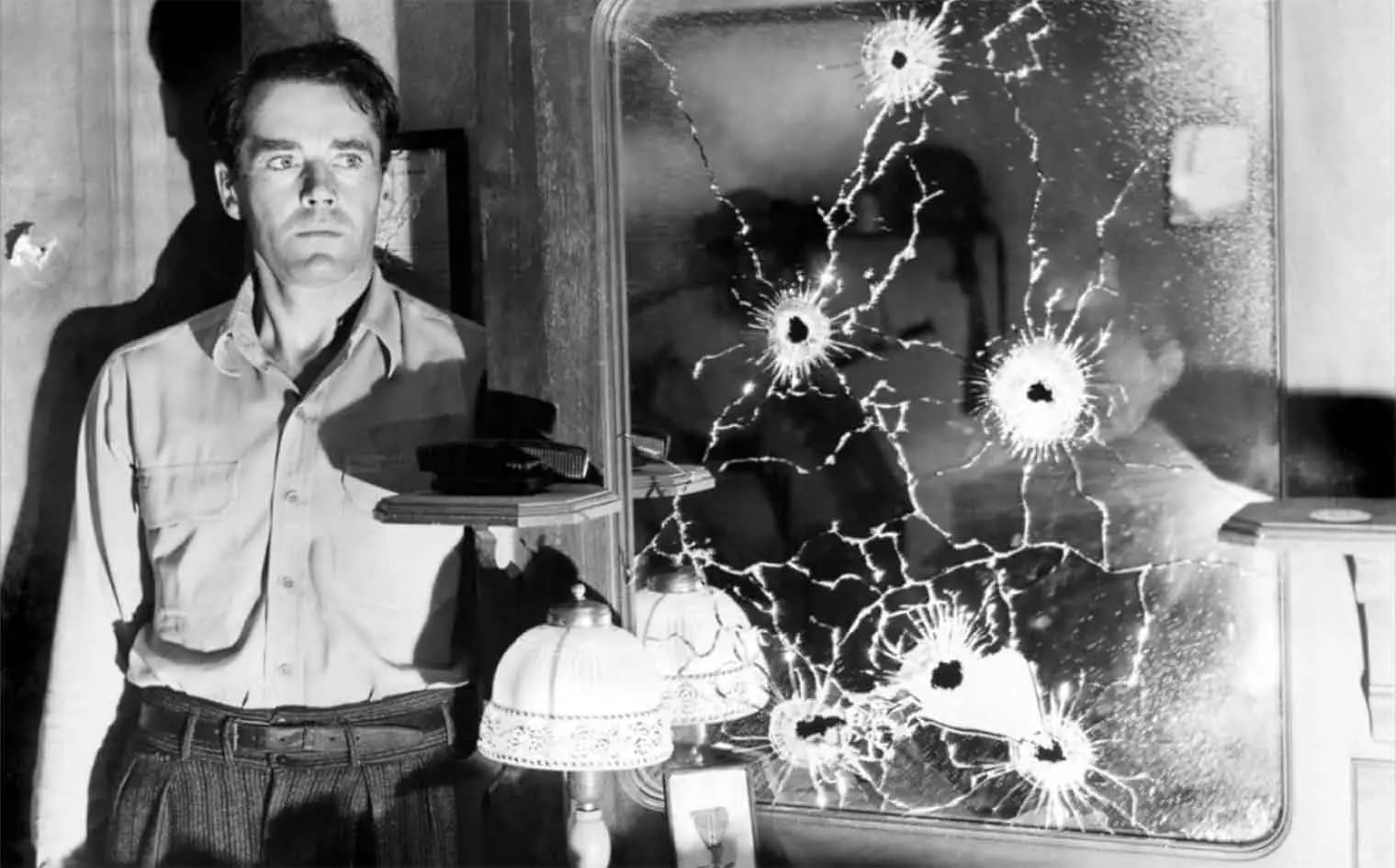Fritz on Fridays: You Only Live Once
If you were to put all of Fritz Lang’s films together and make a new one from the aggregate, that film would very closely resemble 1937’s You Only Live Once.

On the first Friday of every month, this column by critic Joshua Polanski will feature a short review or essay on a film directed by Fritz Lang (1890-1976), the great Austrian “Master of Darkness.” Occasionally (but not too occasionally), Fritz on Fridays will also feature interviews and conversations with relevant critics, scholars and filmmakers about Lang’s influence and filmography.
If you were to put all of Fritz Lang’s films together and make a new one from the aggregate, that film would very closely resemble 1937’s You Only Live Once. In his second film made in the United States and considered by many to be one of the last great films of his career, he gives the quintessential Langian film. James Baldwin, an American intellectual who requires no introduction, said: “He never succeeded quite so brilliantly again.” The more energy I invest into Lang, the more I realize someone is always saying this about one film or the next. But in a way, it does feel a bit different than the films that follow it.
Henry Fonda is Eddie Taylor, a reformed ex-convict trying to make things straight in his new life. He’s married to the beautiful and patient Joan “Jo” Graham (Sylvia Sidney). Their honeymoon location stuns Eddie with its beauty, and he innocently asks Jo how she found such a perfect place. Her response — that she had three years to find the spot thanks to his prison stay — stings Eddie like alcohol on a fresh wound. Even his paradise finds itself stained with regret.
The American tradition of reprobative and retributive penal philosophy troubles Eddie’s attempt to live an honest life and pushes the ex-convict into difficult situations. As he finds himself blamed for a crime he didn’t commit, his own ideas of self-determination shatter and he becomes the murderer that the criminal justice system has educated him to be. Apparently finding loose inspiration in the story of Bonnie Parker and Clyde Barrow, the couple takes to the road in search of that elusive freedom.
Continue reading at the Midwest Film Journal.